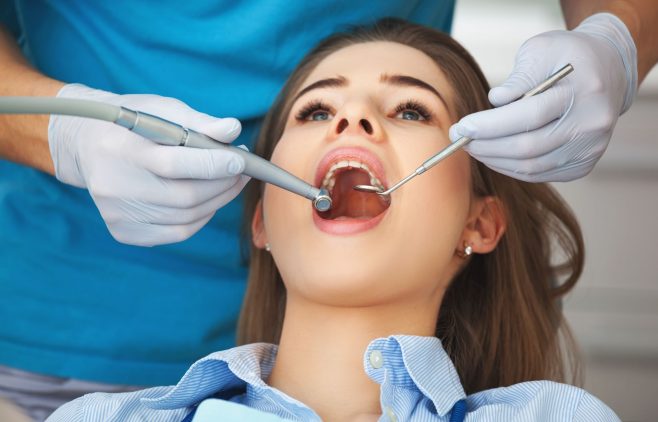
Botox, refers to a neurotoxic protein produced by the bacterium Clostridium botulinum. In cosmetic and medical procedures, small, diluted amounts of this toxin can be used for various purposes, such as treating certain medical conditions or reducing the appearance of wrinkles and fine lines. When considering Botox treatment, it is important to understand the eligibility criteria to ensure its safety and effectiveness. It’s crucial to note that only qualified healthcare professionals, typically dermatologists or plastic surgeons, should administer Botox injections.
Here are some key eligibility criteria for Botox treatment:
Age and Health Status
Generally, individuals seeking Botox treatment should be at least 18 years old. Botox is not typically recommended for younger individuals unless a specific medical indication exists. Additionally, candidates should be in good overall health. People with certain medical conditions, such as neuromuscular disorders, may not be suitable candidates for Botox.
Pregnancy and Breastfeeding
Pregnant or breastfeeding individuals are typically advised to avoid Botox injections. While research on the effects of Botox during pregnancy is limited, it is often recommended to err on the side of caution. It is crucial to inform the healthcare provider if you are pregnant or breastfeeding before considering Botox treatment.
Allergies and Sensitivities
Individuals with known allergies to botulinum toxin or any of the components in the Botox injection should not undergo the treatment. To prevent adverse reactions, it is essential to disclose any known allergies or sensitivities to the healthcare professional before the procedure.
Muscle and Nerve Disorders
People with certain muscle or nerve disorders may not be suitable candidates for Botox treatment. Conditions such as myasthenia gravis or Lambert-Eaton syndrome may increase the risk of complications. A thorough medical history should be discussed with the healthcare provider to assess eligibility.
Medication and Substance Interactions
Patients should disclose all medications, supplements, and herbal products they are currently taking. Some medications may interact with Botox and increase the risk of side effects. For example, blood-thinning medications and muscle relaxants may need to be adjusted or avoided before Botox treatment.
Realistic Expectations
Individuals considering Botox should have realistic expectations about the outcomes of the treatment. Botox effectively reduces the appearance of dynamic wrinkles caused by muscle contractions, such as frown lines and crow’s feet. However, it is not a permanent solution, and the results are temporary, typically lasting for a few months.
Facial Anatomy and Structure
The candidate’s facial anatomy and structure play a role in determining the effectiveness and safety of Botox treatment. A skilled practitioner will assess the patient’s facial features and tailor the injections to achieve natural-looking results.
Psychological Considerations
Candidates should be mentally and emotionally prepared for the cosmetic changes Botox treatment brings. It is essential to consult with the healthcare provider to discuss expectations, potential risks, and benefits.
Final Thoughts
Botox treatment is a popular and generally safe cosmetic procedure when administered by qualified healthcare professionals. Eligibility criteria encompass various factors such as age, health status, medical history, and realistic expectations. It is crucial for individuals considering Botox to have open and honest discussions with their healthcare providers to ensure a thorough assessment and a safe, satisfactory outcome.










